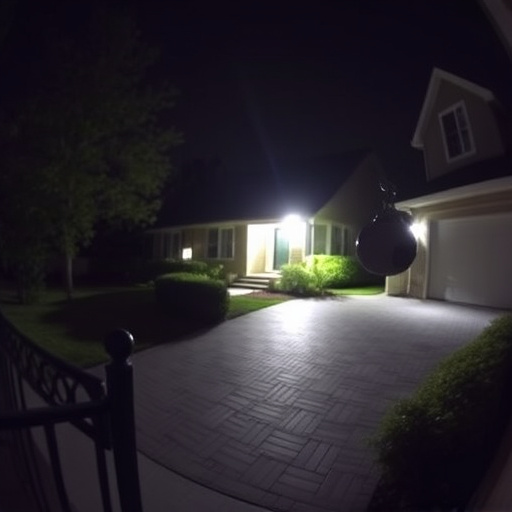Defending in Oregon requires careful navigation due to unique legal environment with distinct rules, procedures, and offenses. Misunderstanding this landscape can lead to critical defense case errors, impacting outcome. Effective preparation includes thorough evidence review, witness interviews, law research, and identifying prosecution weaknesses. Adhering to procedural rules is essential to avoid evidence exclusion or motion denials, ensuring a fair defense strategy.
Navigating Oregon’s unique legal landscape can be challenging, especially for those unfamiliar with its intricacies. This is particularly true in defense cases where strategic missteps can have significant consequences. In this article, we delve into three key errors commonly committed: misunderstanding Oregon’s legal framework, failing to devise a robust defense strategy, and ignoring evidence and procedural rules. By understanding these pitfalls, attorneys can ensure a stronger, more effective defense for their clients in Oregon.
- Misunderstanding Oregon's Unique Legal Landscape
- Failing to Build a Compelling Defense Strategy
- Ignoring Evidence and Procedural Rules
Misunderstanding Oregon's Unique Legal Landscape

Many individuals involved in defense cases in Oregon often find themselves navigating a unique and complex legal landscape. This can be attributed to the state’s distinct judicial system and laws, which differ from other jurisdictions. One of the primary errors that defendants make is mistaking Oregon’s legal environment for that of their home states or neighboring regions. Understanding the nuances of Oregon law is paramount; what may be considered acceptable practice in another state could be a critical error in an Oregon defense case.
For instance, the rules of evidence, criminal procedures, and even definitions of certain offenses can vary significantly. Defendants and their legal representatives must be well-versed in these differences to present robust defenses. Failing to research and comprehend this unique setting can lead to strategic missteps, compromising the outcome of the case.
Failing to Build a Compelling Defense Strategy

Many Oregon defense cases suffer from a lack of strategic depth due to a crucial error: failing to build a compelling defense strategy. This often manifests as an inadequate assessment of the case’s strengths and weaknesses, leading to weak arguments and inconsistent presentation. A successful defense requires a thorough understanding of the facts, applicable laws, and potential avenues for challenging the prosecution’s case. Without a well-defined strategy, legal teams risk presenting a disjointed argument that fails to resonate with the judge or jury.
To avoid this error, Oregon defense attorneys must invest time in meticulous case preparation. This involves reviewing all evidence, interviewing witnesses, researching relevant precedents, and identifying potential loopholes or inconsistencies in the prosecution’s claims. By doing so, they can construct a robust defense that not only challenges the prosecution but also presents a compelling alternative narrative to the jury. Effective case management ensures the defense strategy is coherently executed throughout the legal proceedings.
Ignoring Evidence and Procedural Rules

In Oregon defense cases, a critical mistake often made is ignoring both evidence and procedural rules. Legal professionals charged with mounting a robust defense must pay meticulous attention to every detail of the case. This involves thoroughly reviewing all available evidence to construct a solid strategy that challenges the prosecution’s narrative. Failure to do so can leave substantial gaps in the defense argument, which may prove detrimental during trial.
Furthermore, adherence to procedural rules is paramount. These rules are designed to ensure fairness and order in legal proceedings. Ignoring them can lead to case complications, such as evidence being ruled inadmissible or motions being denied. A deep understanding of these rules allows for effective navigation through the complex landscape of Oregon’s legal system, thereby increasing the chances of a favorable outcome in defense cases.














